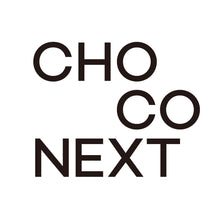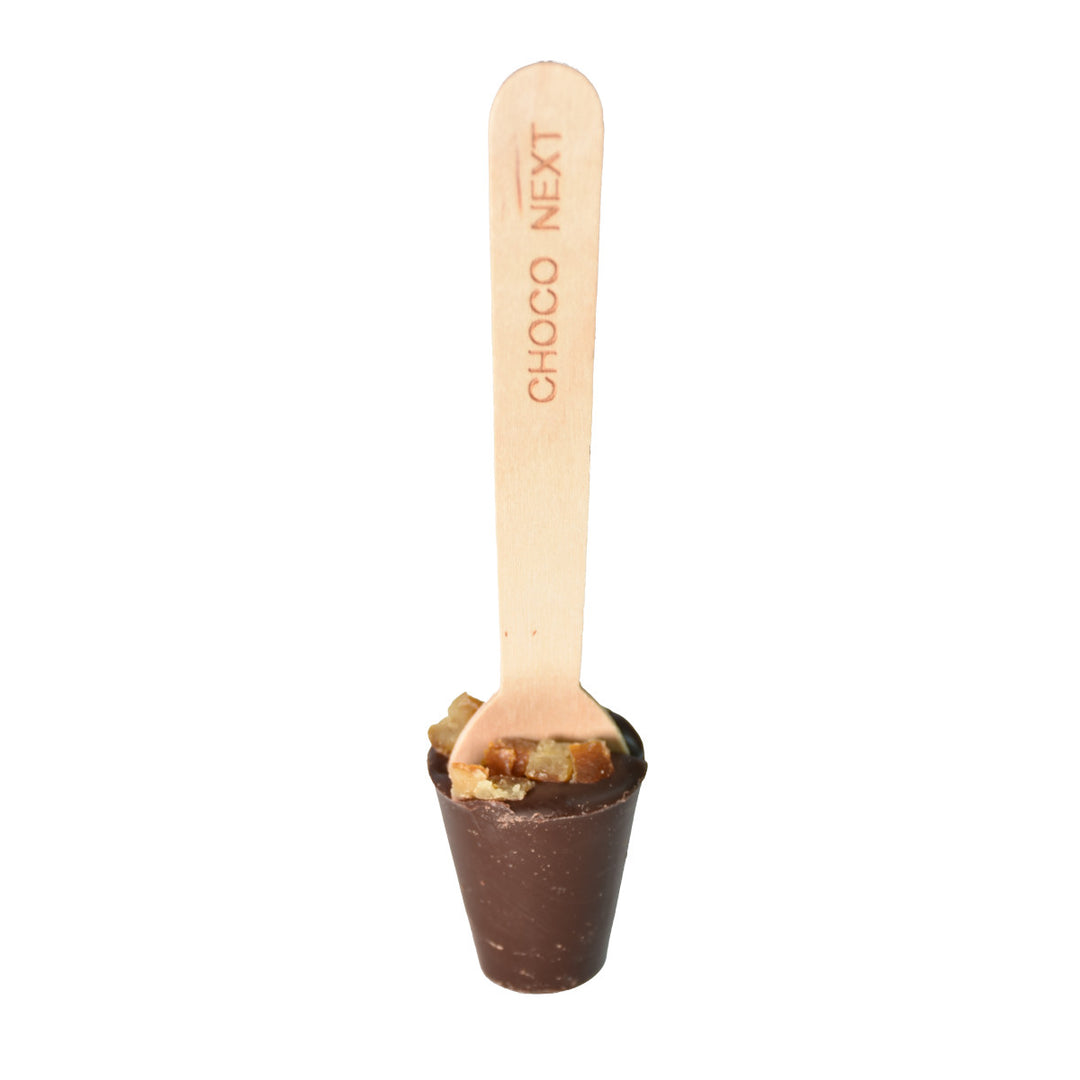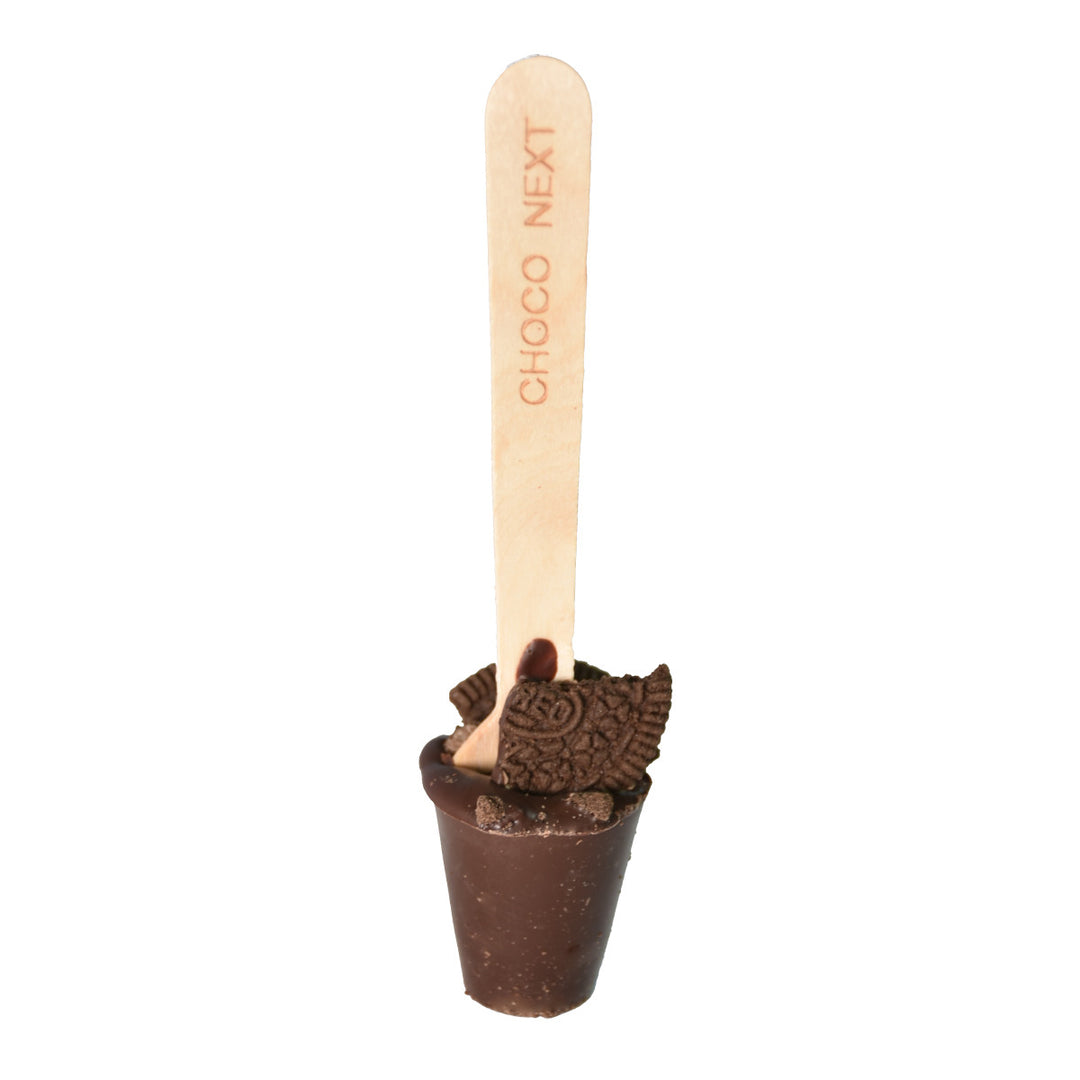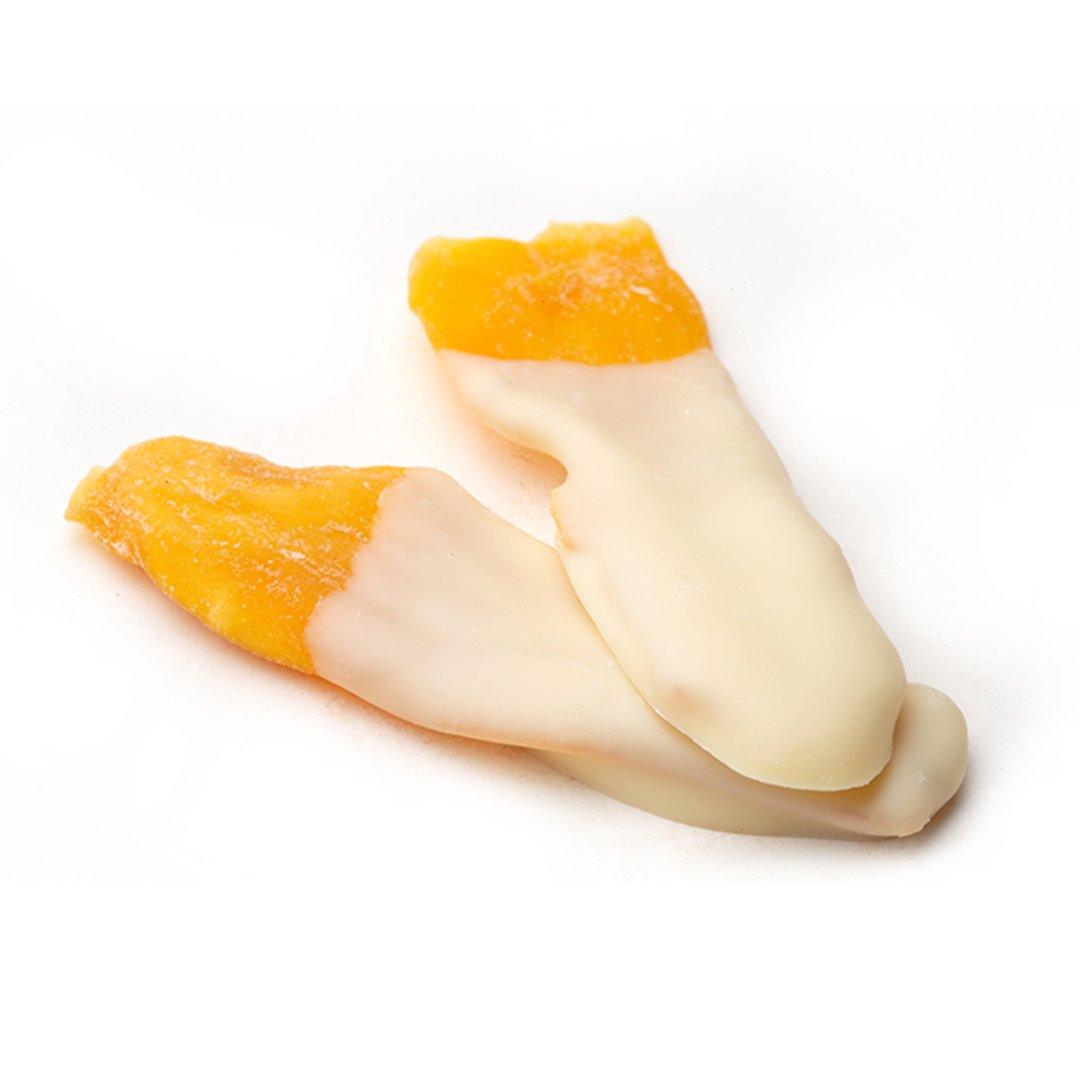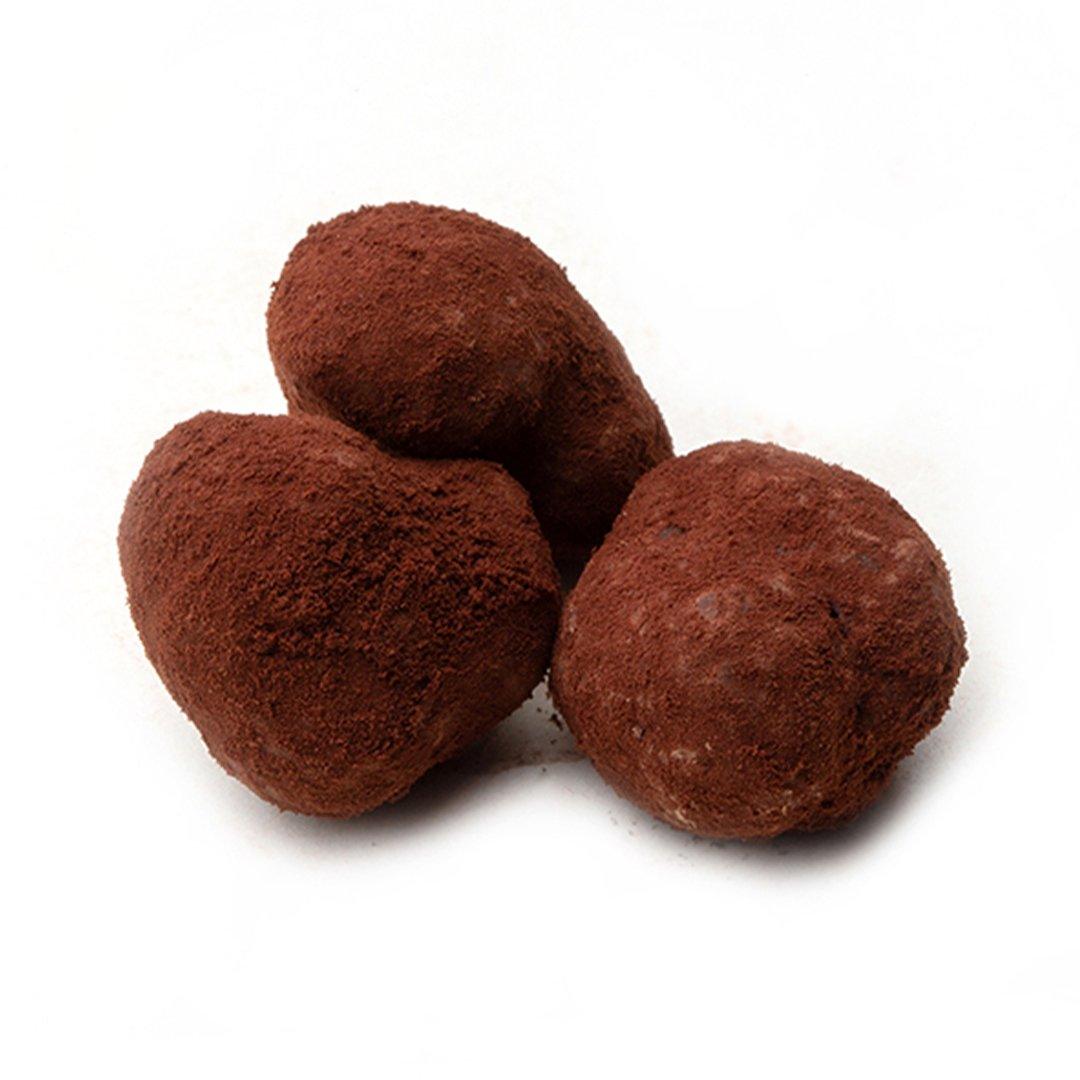[Early bird discount | Pre-order before 31/3 to enjoy the following discounts]
- 10% discount for pre-order 2 pieces
- Pre-order 4 pieces to enjoy 25% discount + a free fragrant chocolate stir stick (click to view)
Choco Egg is carefully crafted by our award-winning chocolate chef, using three different colors to convey the intention to express. Using the highest quality chocolate raw materials, after precise production, it presents a wonderful taste and dazzling appearance.
The outer layer of chocolate is made of dark chocolate with a cocoa concentration of up to 75%, and the inside is filled with truffle salted almond chocolate with a light salt aroma, fully satisfying your taste buds.
This Choco Egg is an excellent choice whether you are gifting it to a friend or tasting it yourself.
Pink Delight
Conveys an atmosphere of romance and love. Pink is usually associated with women and represents tenderness, sweetness and pure love. This color can also express caring and compassion, and is a warm and loving color.
Yellow Bliss
Represents sunshine and happiness, reminiscent of warmth and light, and expresses the concept of life and hope. The color also symbolizes creativity and inspiration, so this chocolate egg can represent new beginnings and a vibrant life force.
Blue Ocean
Symbolizes the depth of the ocean and sky, with a sense of calm and tranquility. Blue represents wisdom, trust and calmness. At the same time, blue is reminiscent of the vast ocean and sky, which also symbolizes infinite possibilities and future exploration.

Almond Chocolate with Truffle Salt (50g)
Fragrant truffles paired with a touch of salt are a match made in heaven. Indulge in the double aroma of black truffle and chocolate. Let your taste buds experience a luxurious collision. Each is accompanied by a mellow taste, which is unforgettable.
Buy 2 and get a free pack of espresso coffee or a limited-edition chocolate
Pre-order 4 pieces and get a free fragrant chocolate stir stick
Sakura • Osmanthus • Ginger • Longan Red Dates

Why do you eat chocolate eggs at Easter?
The tradition of eating chocolate eggs at Easter dates back to Europe in the early 19th century. At that time, it was customary for people to give each other decorated eggs made of sugar or pastry. Often intricately decorated with bright colors and designs, these eggs symbolize the new life that spring brings.
With the popularity of chocolate in Europe, people naturally began to make chocolate eggs to replace sugar eggs and pastry eggs. The first chocolate eggs were handmade and usually given as gifts to children.
Chocolate eggs have become more elaborate and decorative over time, and come in many different shapes, sizes, and flavors. Today, it's also common to fill chocolate eggs with other treats, such as candies or small toys.
But why chocolate eggs? One possible explanation is that the egg is a symbol of new life and rebirth. Like a chicken hatching from an egg, Christians believe that Jesus rose from the grave after his death and resurrection. In this sense, the egg is a symbol of hope and new birth.
Chocolate, on the other hand, was a luxury item available only to the rich until the end of the 19th century. As chocolate gained popularity, it quickly became associated with celebrations and special occasions. In addition to the symbolic value, since chocolate eggs are easy to transport, they can be stored for a long time without deterioration, even if you want to give them to family members or friends far away.
Today, the tradition of eating chocolate eggs at Easter has gone far beyond Europe and is loved by people all over the world. In some cultures it is even customary to hide chocolate eggs for children to find, which creates a fun and exciting game.
All in all, the tradition of eating chocolate eggs at Easter is a tradition with a long history and profound meaning. It's rooted in the Christian belief in new life and rebirth, and it has practical benefits, too. While this tradition has evolved over time, it remains an important part of how many people celebrate Easter.

The origin of Easter
Easter is an important festival of Christianity, celebrating the resurrection of Jesus Christ. It is celebrated on the first Sunday after the first full moon following the vernal equinox, usually between March 22 and April 25. The festival has historical and religious origins and has evolved over time.
Historically, Easter is believed to have originated as a pagan celebration of spring and fertility. Many ancient cultures, such as the Babylonians, Persians, and Egyptians, celebrated the arrival of spring with festivals, marking the beginning of new life and the restoration of the land. The ancient Germanic peoples also celebrated a spring festival called Ostara, which was a tribute to a fertility goddess named Eostre.
In Christian tradition, Easter commemorates the resurrection of Jesus Christ, which is said to have occurred on the third day after his crucifixion. According to the Bible, Jesus was crucified and died on a Friday, which is now known as Good Friday. He was buried in a tomb which was found empty by his followers on the third day, which is now celebrated on Easter Sunday.
Over time, Easter has become an important religious festival for Christians all over the world. In Western churches, including the Roman Catholic Church and Protestant denominations, there is a period of fasting and confession before Easter, called Lent, which lasts for 40 days. On Easter Sunday, many Christians attend church services and participate in special ceremonies such as the lighting of the Good Friday candles.
Different cultures around the world celebrate Easter in their own unique ways. The Easter bunny and egg hunt are popular traditions in the United States and many other countries. In Mexico and other Latin American countries, Easter is celebrated with colorful parades and demonstrations. In Greece and other Orthodox countries, Easter is celebrated on a different date, known as Pascha.
Overall, the historical and religious origins of Easter have evolved over time into an important holiday celebrated by people of many different cultures and traditions around the world.

